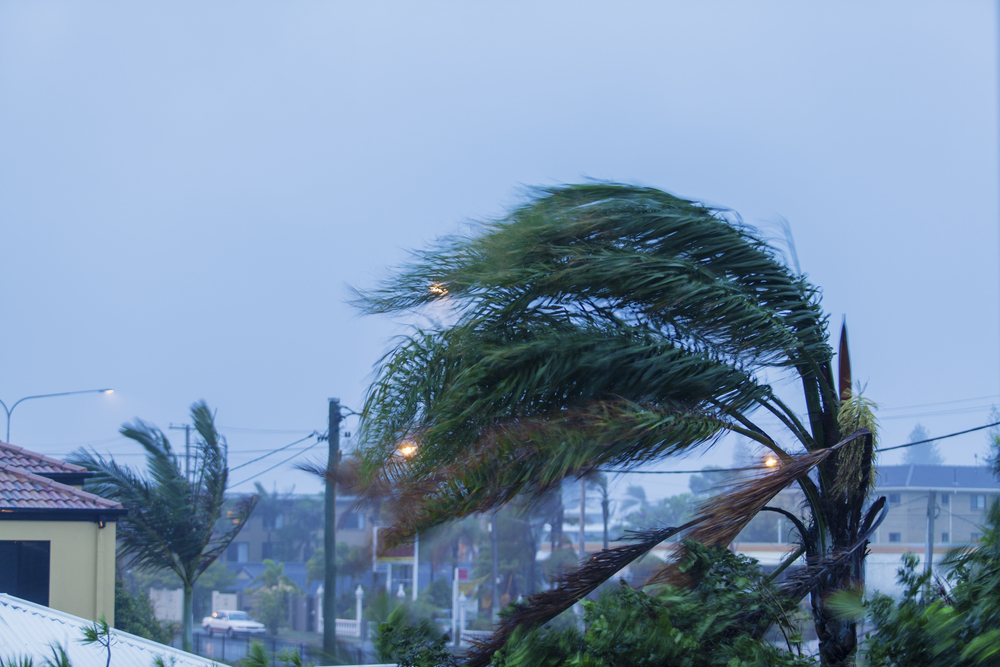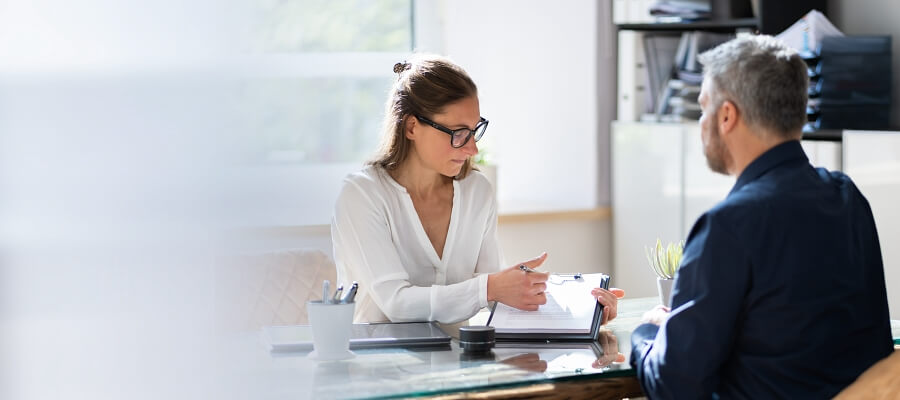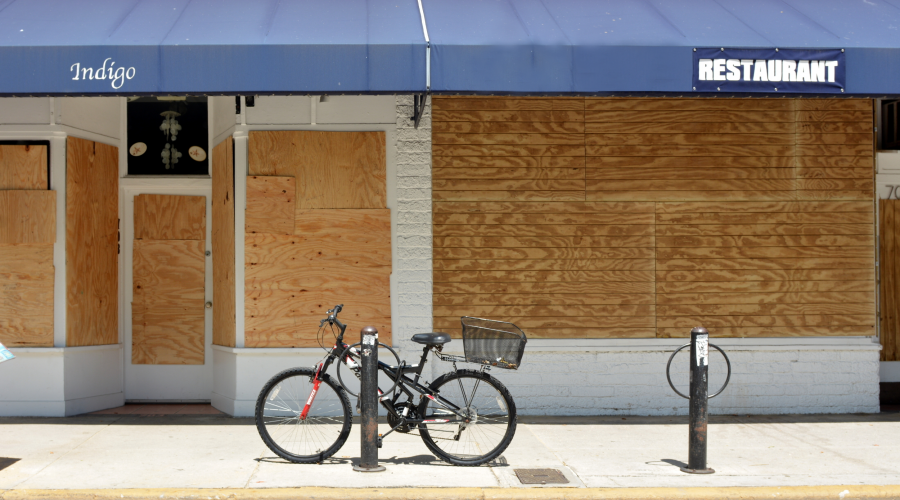Aug 27
Things to Do Before, During and After a Storm or Hurricane
August 27, 2015
 Hurricane season is already here and we want to help you get prepared.
Thanks to technology advances in meteorology, we can anticipate when an atmospheric disturbance approaches. Every year from June 1 to November 30, the probabilities of experiencing a hurricane or a tropical storm increases in Puerto Rico and the rest of the Antilles. Even though we are experiencing a period of drought, it doesn't mean that we can't experience one of these tropical systems. Storms or hurricanes, as unpredictable as they may be, should be taken seriously and this requires that we be prepared. Next we share with you what you must do before, during and after a storm or hurricane.
Before the Storm/Hurricane
Hurricane season is already here and we want to help you get prepared.
Thanks to technology advances in meteorology, we can anticipate when an atmospheric disturbance approaches. Every year from June 1 to November 30, the probabilities of experiencing a hurricane or a tropical storm increases in Puerto Rico and the rest of the Antilles. Even though we are experiencing a period of drought, it doesn't mean that we can't experience one of these tropical systems. Storms or hurricanes, as unpredictable as they may be, should be taken seriously and this requires that we be prepared. Next we share with you what you must do before, during and after a storm or hurricane.
Before the Storm/Hurricane
- Take all precautions to protect your property. The three main areas to protect from damage are:
- roof
- windows
- doors (including garage doors)
- Eliminate all debris around your property. If you live in lowlands or areas prompt to flooding, evacuate your property. Take with you only the essentials, such as clothing and medicines.
- Review your insurance policies. Make sure you have hurricane protection and a flood policy if you live in a flood prone area and that it protects your home and your belongings. Keep handy a copy of your policy, loan number and banking entity (if you have a mortgage) in an accessible place in your emergency bag. If you want more information about insurance products, visit popular.com/en/insurance/home-insurance. You could also call 787-706-4111. Analyze your policies from the risk management perspective. The cost of the insurance is low if you were to pay large sums of money at the moment of a disaster.
- Take pictures of your home before the emergency. This will help you in case you have to file a damage claim.
- Have your emergency bag ready. Store a set of clothing and canned food. Include also, a flashlight, batteries, medicines and bandages. Keep a copy of important papers in the bag such as birth certificates, passports and the insurance policies for your home. Remember to keep your bag handy. Store the bag near the exit so that in an emergency you can pick it up and get out quickly. Check the contents of the bag to ensure that the food and medicines haven't expired. In case of a hurricane or tropical storm warning, remember to put your cell phone and charger in your emergency bag in case you need to leave.
- Stay in a safe place. The most important thing during a storm is to protect yourself and your family. Keep away from windows or doors, because the wind may seriously damage these.
- Do not go out on the street. Stay away from rising rivers.
- Disconnect all unnecessary electronic appliances. This way you will avoid damages from changes in voltage or receiving an electric shock if your property gets flooded.
- Avoid fires. Use a battery flashlight instead of candles or gas lamps
- Use the phone only for emergencies. Use text messages as a primary way of communicating.
- Protect your pets. Have food and water and a designated area in your house. Talk to a veterinarian if your pet needs special care or medicines during the storm.
- Assess if your property suffered any structural damage. Take pictures of all damaged property.
- If you are a Popular Insurance or Popular Risk Services client and have a claim call 787-706-4111, visit our offices at Corporate Office Park in Guaynabo, or Access our Claims Section in our webpage to submit your claim. When submitting your claim you will need your insurance policy number, and loan number if you have a mortgage, a brief description of damages and a monetary estimate. Visit our insurance Frequently Asked Questions for more details on the claims process.
- Protect your property from further damages. If a window broke cover it with wood or other material, but do not dispose of damaged property until an insurance adjuster has inspected it.
- Do not get near fallen electric cables. Do not touch anything that is in contact with them. The cables might be energized.
- Be careful turning on electric generators.


